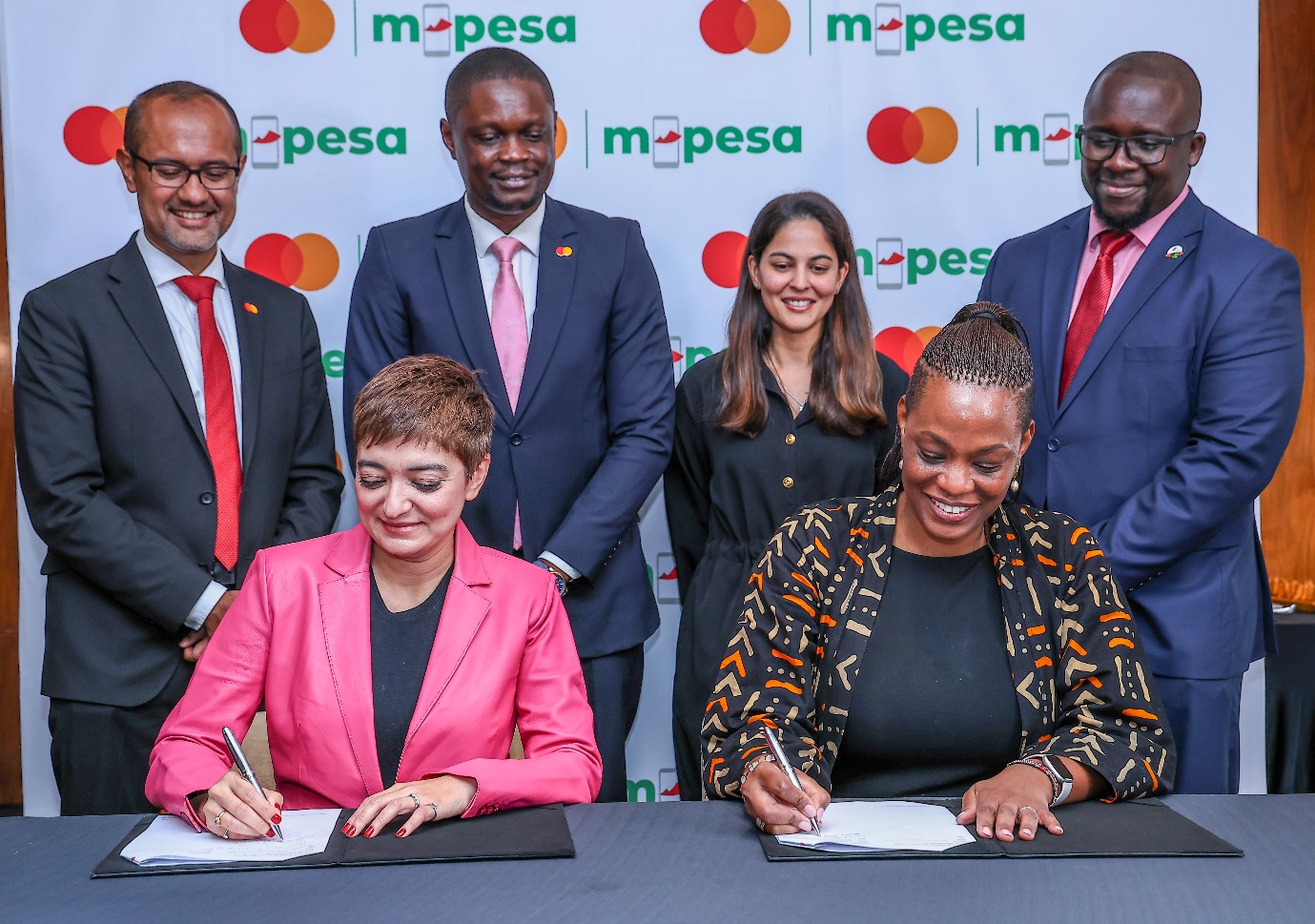Kenya’s telecommunications operator, Safaricom, has joined forces with Apeiro Ltd and Konvergenz Network Solutions Ltd to support the Ministry of Health’s goal of implementing an Integrated Healthcare Information Technology System (IHTS).
The three corporations will implement, maintain, and support the IHTS with a ten-year investment of KES 104,808,136,478 ($812.4 million).
Nonetheless, after the project’s major milestones are completed, the consortium will repay the investment in monthly instalments starting in February 2025 over ten years.
The project structure enables the Ministry to implement a digital health solution without incurring any upfront capital or operating expenditures, as was underlined in the release signed by Peter Ndegwa, CEO of Safaricom.
The initiative aims to digitise public health facilities.
The project’s centre of delivery is establishing a health information exchange to improve the nation’s health systems’ interoperability. Additionally, it seeks to digitise public health facilities by developing an integrated hospital management information system based on standards.
Cybersecurity precautions are also taken to safeguard patient data and maintain compliance with Kenyan law.
According to the Ministry, developers are invited to register before the National Health Information Exchange’s inauguration, which is scheduled for October 1, 2024.
Beyond the technology deliverables, project management, public health professional training, and the countrywide distribution of technology components are all areas that Safaricom and its consortium partners will help.
Safaricom notes that the project builds on its track record of launching digital platforms that have positively touched Kenyans and that it represents an important step towards realising its vision to be a purpose-led technology firm.
Read also: Safaricom expands 5G network in Kenya
What is in it for Safaricom?
Since Safaricom owns 22.56% of the consortium, Konvergenz Network Solutions owns 17.89%, and Apeiro, which is connected to the Adani Group, purportedly has 59.55% of it, concerned about what’s in it for Safaricom and whether the arrangement helps the telco may also surface. An X user, nevertheless, stated that Safaricom was compelled to accept the contract despite initially refusing it.
With KSh 139.9 billion ($1.07 billion) in earnings before interest and tax for the fiscal year ending March 31, 2024, Safaricom revealed in May that its results were above the group’s guidance range and market expectations.
At the time, the corporation recognised investments in new technology, digitalisation of the public sector, and client segmentation as critical success drivers. It stated that M-PESA, its mobile money service, accounted for 42.4% of revenue, or KSh 140 billion, up 13.4% to KSh 335.3 billion ($2.5 billion).
It recently teamed up with Mastercard to improve its merchant ecosystem, increase payment acceptance, and provide cross-border remittance services for Kenyan retailers. Additionally, it obtained a Payment Facilitator Certificate from Visa, a major player in the payments industry.




